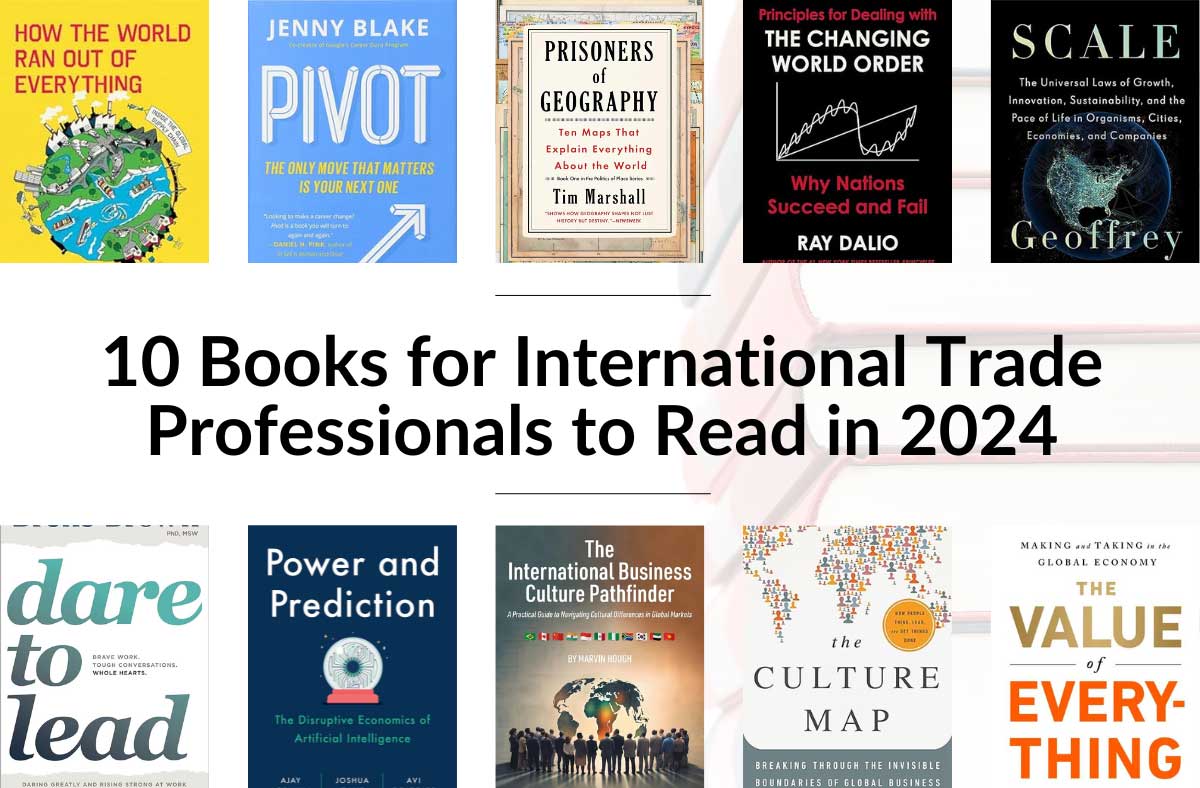 About two years ago, a friend of mine in the U.S. recommended a book called “Kiss, Bow, or Shake Hands” (written by Terri Morrison and Wayne Conaway), a guide to doing business in more than 60 countries. I had to buy it.
About two years ago, a friend of mine in the U.S. recommended a book called “Kiss, Bow, or Shake Hands” (written by Terri Morrison and Wayne Conaway), a guide to doing business in more than 60 countries. I had to buy it.
Excited to read what others had to say about doing business in my home country, Uruguay (I was living in the UK when I bought the book, this just added to the excitement), I opened the (rather large) book and came across this sentence:
Uruguayans find the truth in the immediate subjective feelings one has on an issue […] Uruguayans seldom resort solely to objective facts to prove a point.
Now, I don’t know about you, but I’m the sort of person that just wants to get down to business. Maybe it’s because I do business between two regions that I feel very familiar with: the UK, where I lived 13 years, and Latin America, my very own continent.
I appreciate there are variations within Latin America, but I’m sure you’ll agree that, broadly speaking, the continent is much more homogenous than, say, much-smaller and compact Europe. We can discuss those subtle yet important differences within Latin America at a later stage but, for now, let’s go back to our book…
Working and doing business in Latin America
I had to read that sentence a few times to digest it. And now, after 14 months back in Uruguay, I can tell you that, in my opinion, it’s absolutely true. If you scan the book, you will find that the same is said about other Latin American countries.
So what does it mean to those working in international trade and dealing with Uruguayans and Latin Americans?
First of all, facts aren’t enough.
You won’t sell a product or a service in Latin America solely based on features, specs, pricing, benefits, etc.
You won’t find a distributor or partner who will just look at your product objectively, see the benefits, do the maths, and take it on.
Making the sale is about more than just the facts
It doesn’t work like that. The conversations I’ve had with distributors in Latin America are less about specs and margins and more about trust and relationships. Statements like “the British pound sterling is expensive” and “things made in Europe are expensive” are two typical examples of a subjective bias that I often encounter.
The British pound has actually devalued against many Latin American currencies for a while now, but sometimes they won’t listen (and I’m an economist!). I can prove that manufacturing in Hungary can be sometimes cheaper than in Brazil, too, but again, that subjective non-factual sentiment is strong.
If you get into more delicate areas (and some exporters are familiar with these) such as politics, diplomacy, social issues, mining (hugely controversial in South America currently), oil and gas (also very controversial) – you will see that these cultural characteristics strengthen and that it is often totally impossible to get down to the facts.
I personally find it frustrating that it can be so hard to have a conversation about sensitive topics without being asked about your marital status, schooling history, family composition, and your political and religious affiliation!
Business discussions involve emotions
It’s hard to just have a factual discussion; Latin Americans almost always need to have emotions involved.
Last week, when discussing the visit of some overseas investors to Uruguay, someone warned me “be careful who you invite to the meetings, most will think you’re selling the country away”. That says it all.
Also, expect things to get emotional. I don’t mean it in a soap-opera (‘telenovela’) kind of way, but you will hardly ever have a conversation that is just about products, pricing and contracts. People need more than ‘objective facts’.
You might find it difficult, particularly in certain countries, to ask a very straight forward question and have no clear answer.
To ask about facts, targets, numbers and be told about how the other person feels and what they are thinking.
So, two key pieces of advice:
1. We always say that Latin American markets take time.
This way of ‘subjective’ thinking and processing information is one of the reasons why. We can change factual opinions much quicker than we can change ‘subjective feelings’.
2. Do not underestimate the power of a local contact/representative and/or someone in your home country who can navigate these subtleties.
This can be the difference between sales and no business at all.
Can you do business in these countries ignoring all of this? Yes, but it will be harder, much more frustrating and – even – slower. Knowledge is power in international trade; even emotional knowledge, in this case.








disqus comments